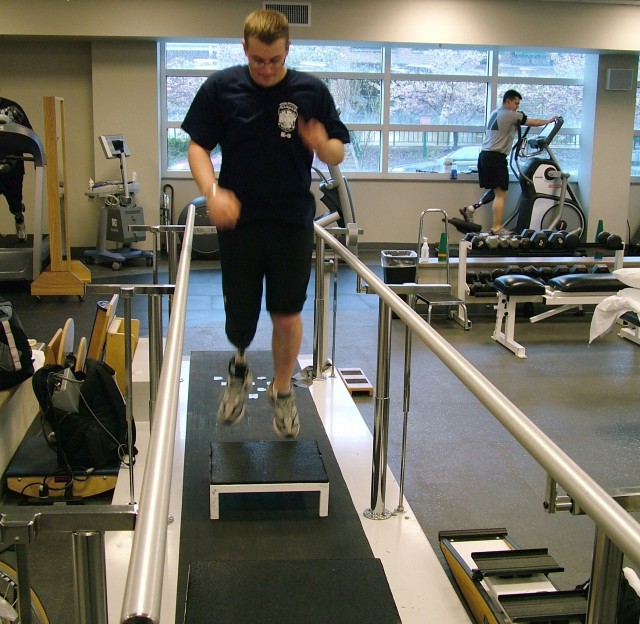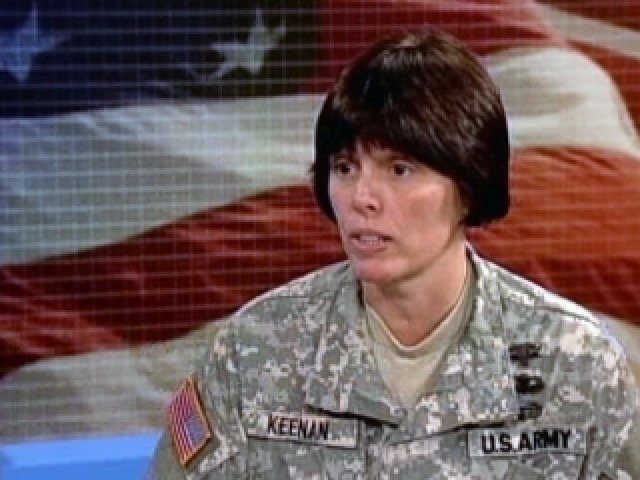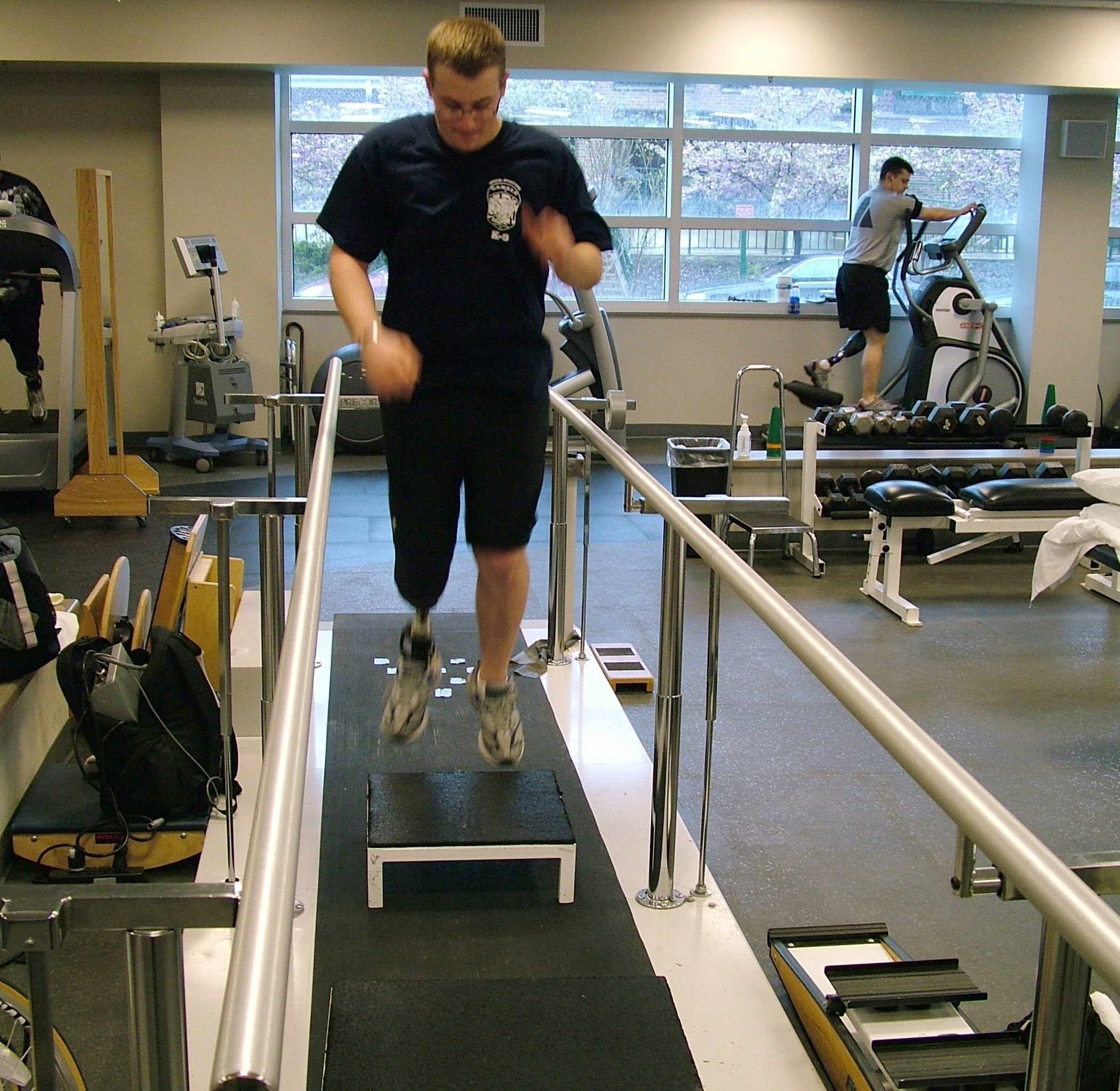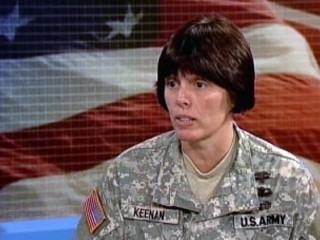ARLINGTON, Va. (Army News Service, Aug. 21, 2008) -- As a Soldier, officer, trauma nurse, military spouse and mother, I live every aspect of Army health care, and I know what works and what doesn't.
Nothing is more disappointing than to see other people doubt what the Army is doing to take care of wounded, ill and injured Soldiers without having the facts right. It might not make the headlines, but Soldiers taking care of Soldiers is what we do. It's our ethos, it's our passion and it's our job.
Since the war on terrorism began, the Army faced the necessity of putting into place the infrastructure to handle the extraordinary number of outpatients a protracted war generates. I know I certainly did not see the attack of Sept. 11, 2001 coming, nor did the Army medical system. We also did not expect to be into our seventh year of war either.
Once we realized the care requirements an ongoing war placed on the Army, we moved quickly to bring about needed changes. In less than a year, we developed and opened 35 Warrior Transition Units, or WTUs, and nine Community Based Health Care Organizations to provide the necessary support structure to care for the more than 30,000 wounded, ill, and injured Soldiers we have treated since the war began.
Today, we provide health care, counseling, and leadership support along the entire continuum of care, all within an environment mirroring the Soldier's former unit. This care goes beyond medical care and includes specialized help with personal relationships, stress management, counseling and a whole range of offerings aimed at encouraging each warrior to take positive steps toward overcoming adversity. This effort is done in conjunction with the Soldier Family Assistance Centers which are specifically designed to offer recovering Soldiers and their Families education, vocational, and financial services. Veterans Benefits Administration counselors also provide support at these centers.
We have come as far as we have because we listened to our Soldiers, and our medical and personnel professionals. We continue to gather their thoughts and ideas to further transform the system to make it more responsive. We conduct town hall meetings, make available to Soldiers and their Families ombudsmen who are able to cut through mountains of red tape to provide needed assistance, and operate a 24-hour-a-day hotline (1-800-984-8523) to provide two-way communication with our Soldiers and their families. This is not an example of an organization in denial - it's proof that we are agile, adaptable and responsive.
Today these WTUs provide our wounded, ill, and injured Soldiers more personalized care than ever before in our history. We ask these soldiers to focus on their healing, and, in turn, we offer them a familiar environment of support, focus, and discipline.
As we wrapped our arms around all Soldiers with complex medical issues, the WTU population grew. It grew because we added soldiers into the program whether they were injured in combat, had a sports injury or were going through the medical evaluation system. We felt that this approach was the morally right thing to do, and yet over and again I see the Army being criticized for doing what is right.
We need to work on how we communicate our story to the American public and the media because I find the coverage to be off target.
We may not be exactly where we want to be today, but we are working hard to get there.
The healing process takes all of us. Recently, I met a 14-year-old daughter of a Soldier who was wounded in combat, and she told me that when her dad was wounded, their whole family was wounded and needed to heal. These wounds, illnesses, and injuries touch families, communities and industries - all of us.
I would encourage every American to go visit a WTU or become a volunteer to help our wounded, ill and injured warriors and our nation heal. To sign up, go to http://giftstoarmy.army.mil.
(Col. Jimmie O. Keenan serves as chief of staff for the Army's Warrior Care and Transition Office in Arlington, Va.)




Social Sharing